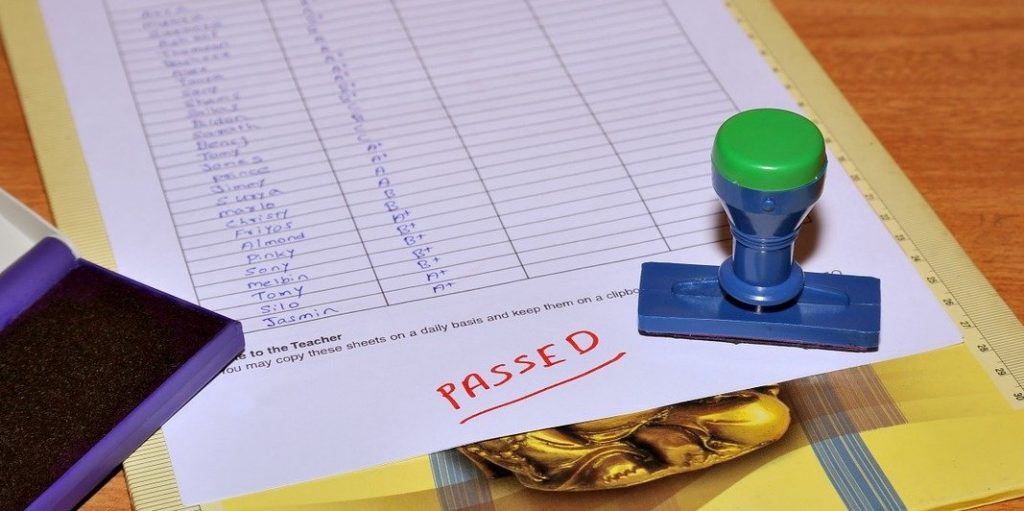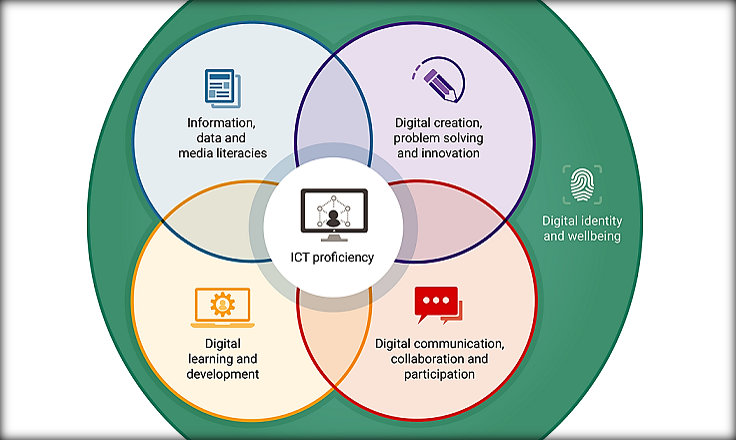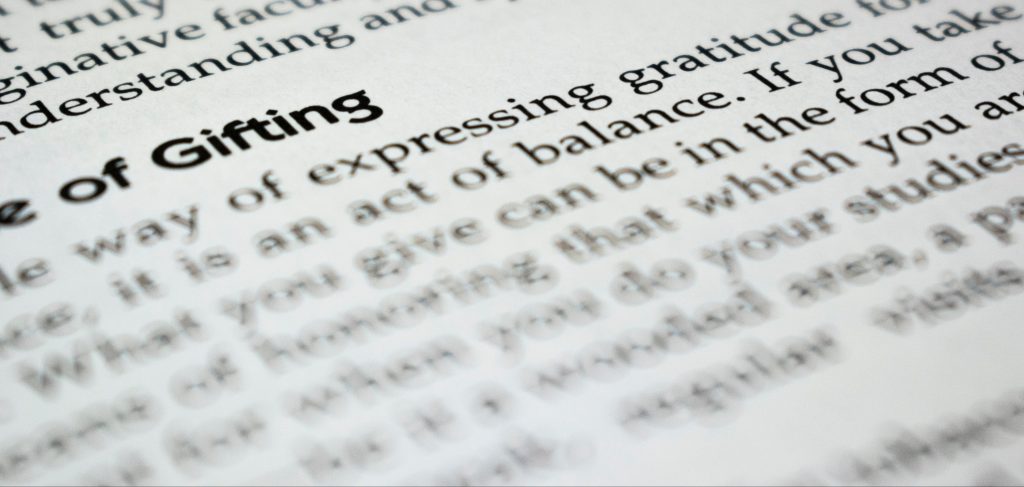Hello World

So, it’s Monday and we are, as we keep hearing, in unprecedented times. It has been an extremely busy couple of weeks, to put it mildly and before I go any further I want to give credit to the amazing work of both the TEL unit and IT Services here at Worcester. But if this is your first full day of teaching, studying online or working from home (possibly while home schooling) then I have some suggestions below. Don’t panic if the audio doesn’t work on the first attempt at a Collaborate session/Skype/Teams meeting. Have a look at this troubleshooting guide on using Blackboard Collaborate. You can check your audio settings in Skype following these instructions and there are similar ones for Teams. Be kind… Read moreHello World







